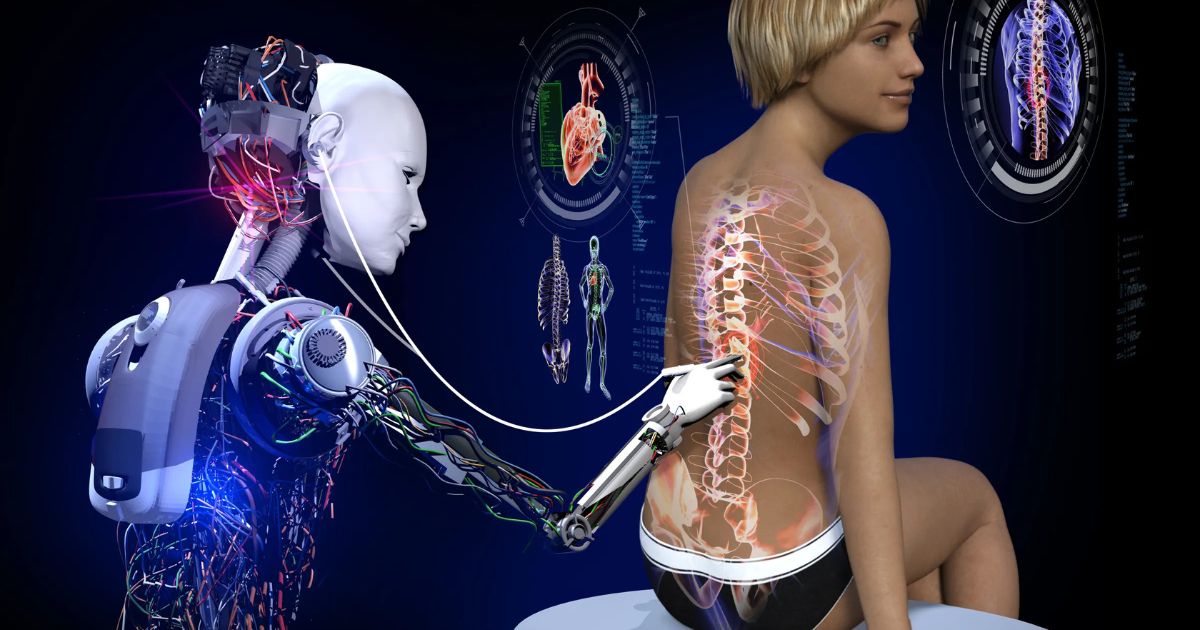In a world where algorithms now assist in diagnosing cancer and robotic arms perform delicate surgeries, AI is no longer a silent player in healthcare — it’s becoming the star surgeon. From speeding up test results to predicting patient outcomes with chilling accuracy, AI promises a revolution that could save millions of lives. But beneath the surface of this clinical brilliance lies a question we can’t ignore: what happens when the machine gets it wrong?
Doctors are trained to weigh emotion, intuition, and experience. Can lines of code do the same? As hospitals embrace AI tools to save time and reduce costs, concerns are growing over misdiagnoses, data bias, and a chilling over-reliance on machines that lack a moral compass.
This article explores the breathtaking potential and the very real dangers of AI in healthcare — and asks: are we on the brink of a medical miracle, or a silent catastrophe?
✅ The Healing Potential: How AI Is Transforming Healthcare
| 1 | AI Diagnostics: Faster, Smarter, More Accurate Machine learning models can detect diseases like cancer or diabetic retinopathy earlier than traditional methods. |
| 2 | Robot-Assisted Surgeries with Precision Beyond Human Hands AI-powered surgical tools help perform minimally invasive procedures with higher accuracy and shorter recovery times. |
| 3 | Predictive Analytics for Proactive Care AI forecasts patient deterioration, hospital readmissions, and outbreaks—enabling early intervention. |
| 4 | Virtual Health Assistants & Chatbots These AI tools handle patient queries, schedule appointments, and offer 24/7 symptom triage support. |
⚠️ The Diagnostic Dilemma: Risks and Ethical Concerns in AI Healthcare
| 1 | Algorithmic Misdiagnosis: When AI Gets It Wrong Errors in AI models can lead to missed diagnoses, delayed treatment, or even patient harm. |
| 2 | Bias in Medical Data: Unequal Outcomes AI trained on biased datasets may fail to diagnose accurately across diverse populations. |
| 3 | Over-Reliance on AI Over Human Expertise Doctors may begin to trust machines more than their own judgment—potentially overlooking critical context. |
| 4 | Patient Privacy and Data Security Risks AI systems rely on sensitive health data, which can be vulnerable to breaches or misuse. |
